EMG Muscle Sensor Module – Advanced Muscle Signal Detection for Everyday Innovation
Detect and analyze muscle electrical activity easily with this affordable EMG sensor module. Designed for developers, therapists, researchers, and makers, this compact EMG sensor module provides precise, non-invasive muscle signal detection and reliable analog output for biofeedback, rehabilitation, wearable tech, and robotics.
Why Choose This EMG Sensor Module
- Accurate Muscle Signal Processing: Captures subtle contractions and translates them into clean, actionable analog signals for real-time monitoring.
- Non-invasive and Comfortable: Surface-based electrodes are easy to apply and safe for repeated use in clinical or consumer settings.
- Embedded Platform Friendly: Wide operating voltage and simple analog output make integration with Arduino, Raspberry Pi, and microcontroller platforms straightforward.
- Compact and Lightweight: Ideal for wearable EMG sensor projects and portable research setups.
- Cost-effective: Research-grade performance at a low cost for students, clinics, and product prototypes.
Key Features and Specifications
- Signal type: Surface electromyography (sEMG) analog output
- Output options: Filtered analog signal suitable for ADC sampling or analog recording
- Signal conditioning: Built-in amplification and noise reduction for stable readings
- Connectivity: Gold-plated connectors, standard header pins for easy wiring
- Electrodes: Durable electrode pads included for consistent signal acquisition
- Compatibility: Works with Arduino, Raspberry Pi, microcontrollers, and data acquisition systems
- Use cases: Muscle strength sensor, muscle rehabilitation sensor, wearable EMG sensor, prosthetic control, sports science, biofeedback research
Materials and Build Quality
- High-quality PCB with gold-plated connectors for low contact resistance
- Durable electrode pads designed for repeat use with consistent signal quality
- Integrated signal conditioning circuitry to reduce ambient noise and movement artifacts
Typical Applications
- Physical therapy and muscle rehabilitation monitoring
- Wearable health and fitness trackers that monitor muscle fatigue and activation
- Robotics and prosthetics control where muscle signals provide intuitive input
- Sports science and performance optimization
- Academic research and student projects involving biosignals
Getting Started: Integration Tips
Integrating the EMG sensor module is straightforward. Follow these tips for best results:
- Place electrodes on clean, dry skin over the target muscle and a reference site for consistent readings.
- Use shielded cables or short wiring runs to reduce electrical interference in noisy environments.
- Sample the analog output with an ADC configured for the module’s voltage range. Apply simple smoothing or envelope detection to visualize muscle activation in real time.
- Pair with microcontrollers like Arduino or single-board computers like Raspberry Pi for data logging, visualization, and control tasks.
Who Should Use This EMG Sensor Module
- Biomedical engineers building prosthetic or assistive devices
- Physical therapists and rehabilitation clinics implementing biofeedback
- Fitness tech developers and wearable designers
- Students and researchers studying muscle physiology and motor control
- Makers and educators in Islamabad and beyond creating practical demos and projects
Frequently Asked Questions
What is an EMG sensor used for?
An EMG sensor detects electrical signals from muscle contractions. It is used to study movement, diagnose neuromuscular issues, provide biofeedback, and control assistive devices.
Is this EMG sensor compatible with Arduino?
Yes. The module outputs an analog signal that can be sampled by an Arduino ADC pin. It is also compatible with Raspberry Pi (with an external ADC) and other embedded platforms.
Can I use this module for physical therapy?
Yes. It is suitable for muscle rehabilitation, biofeedback training, and monitoring strength recovery when used alongside appropriate clinical protocols.
Is this sensor good for wearable applications?
Yes. The compact and lightweight design makes it suitable for wearable EMG systems. Secure electrode placement and robust wiring will improve signal quality in mobile use.
Benefits at a Glance
- Accurate detection of muscle activity and fatigue
- Affordable option for research and prototype development
- Portable and scalable for lab, clinic, or field use
- Easy integration with popular embedded platforms
Order the EMG Sensor Module
Ready to add reliable muscle signal detection to your project? Order the EMG muscle sensor module today and get fast delivery across Islamabad. Limited stock available. Upgrade your rehab, wearable, or robotics project with an affordable, accurate EMG sensor module.

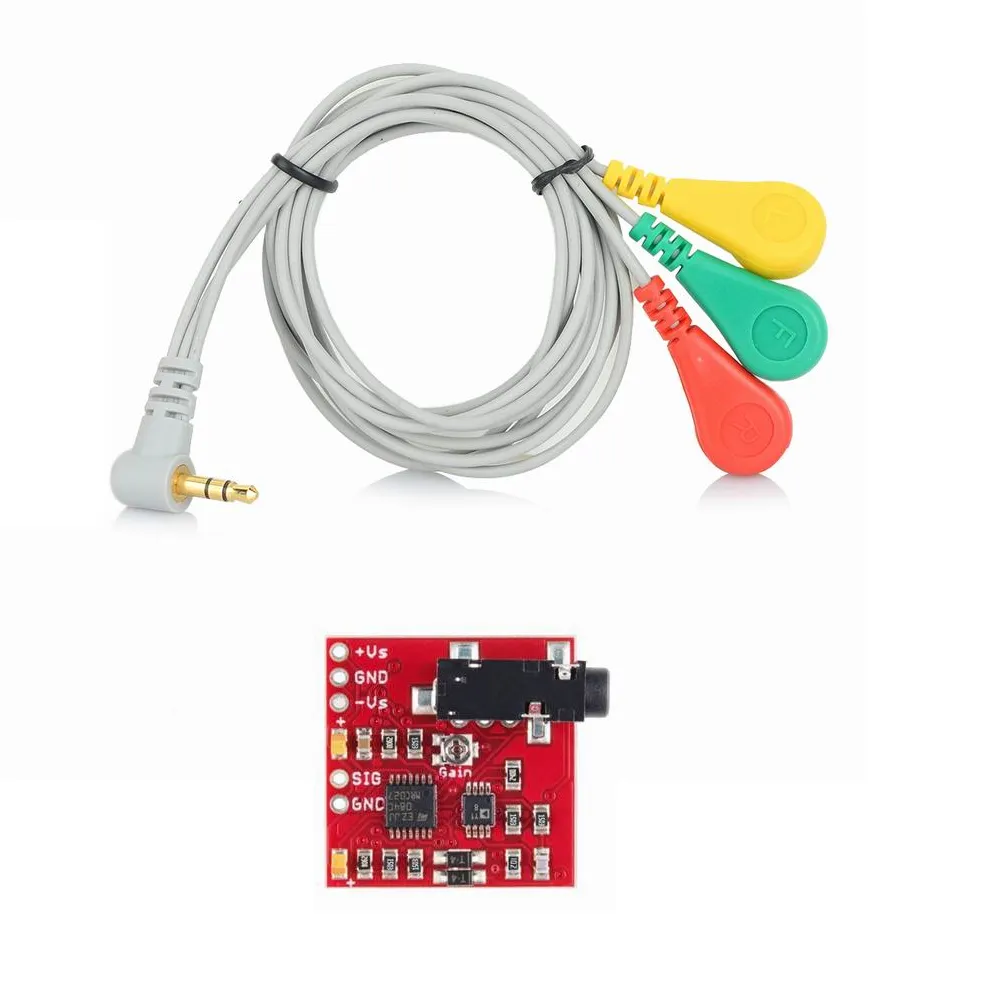
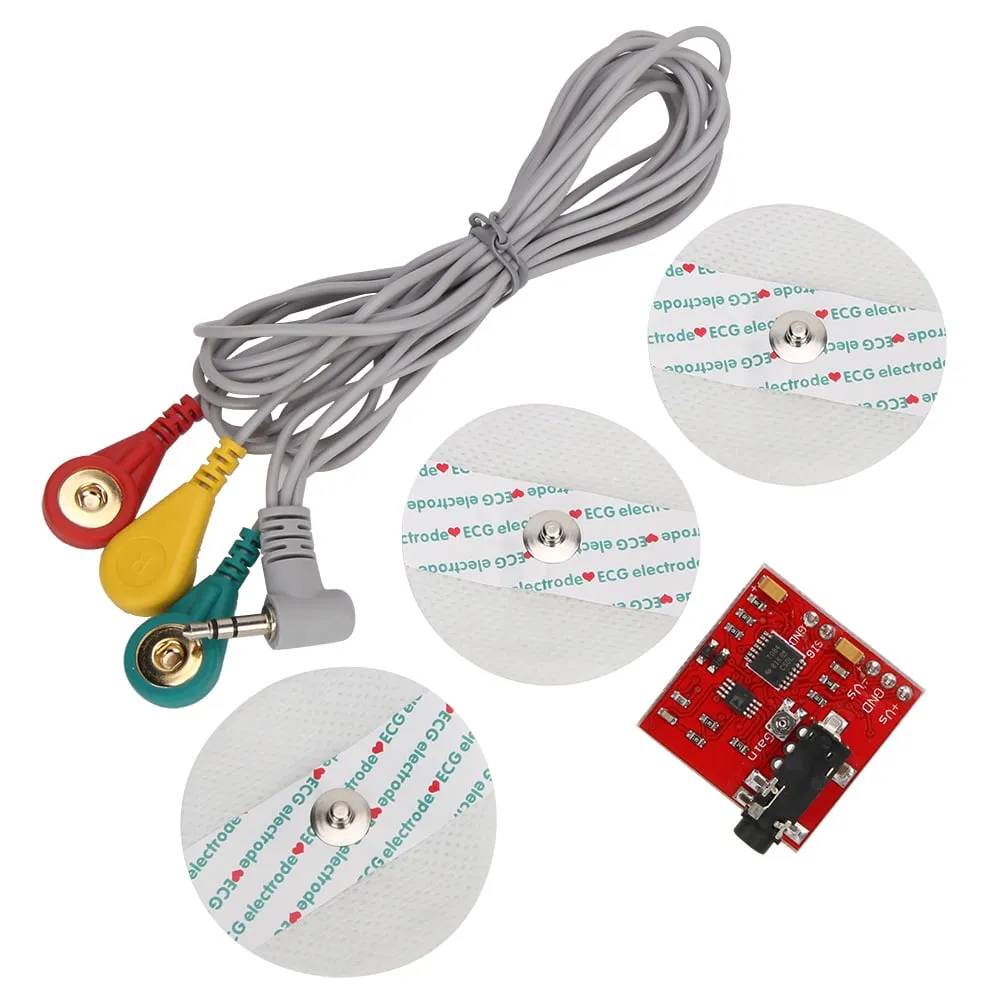

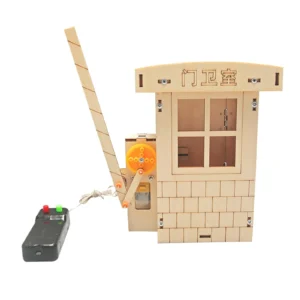
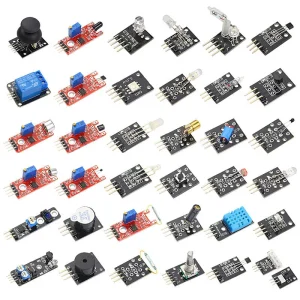
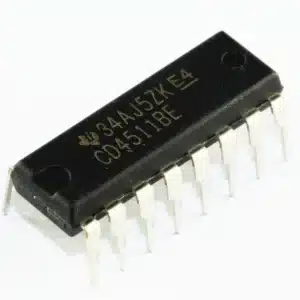

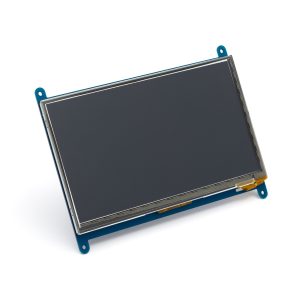
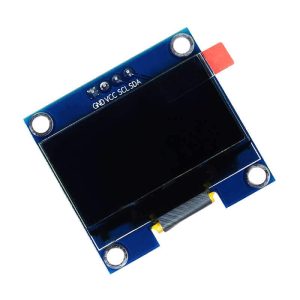
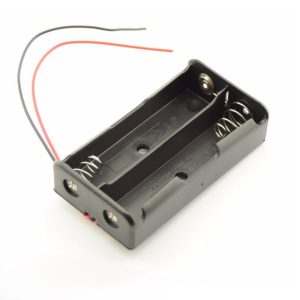
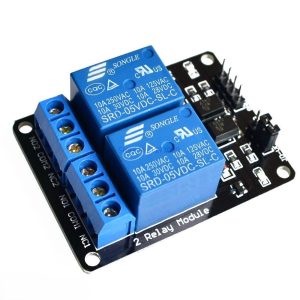
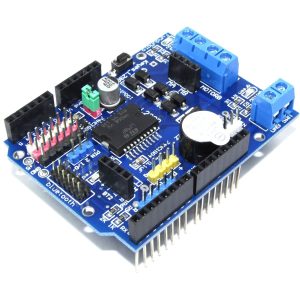
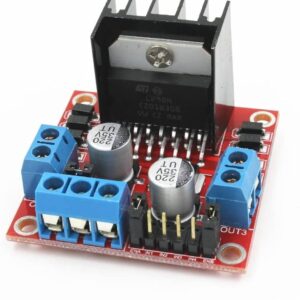

Reviews
There are no reviews yet